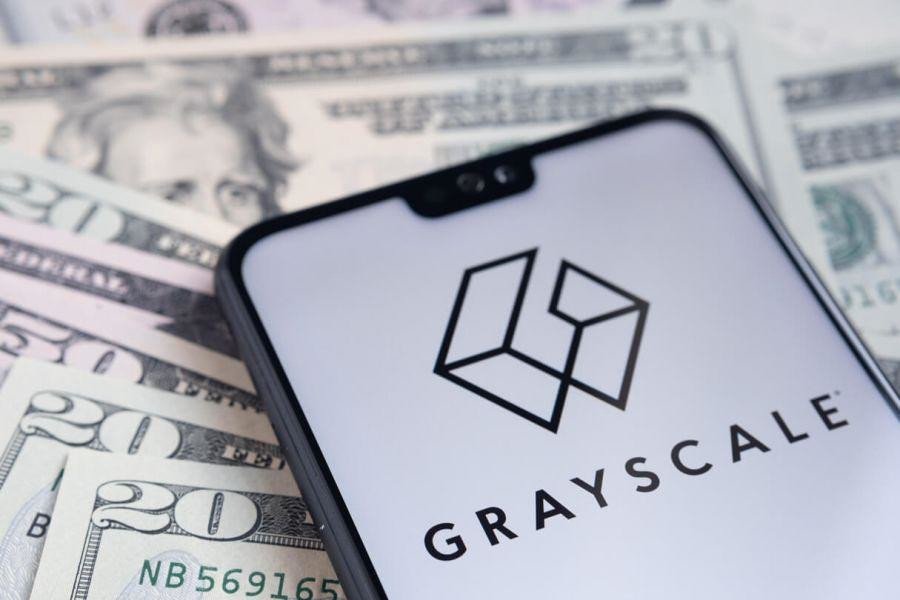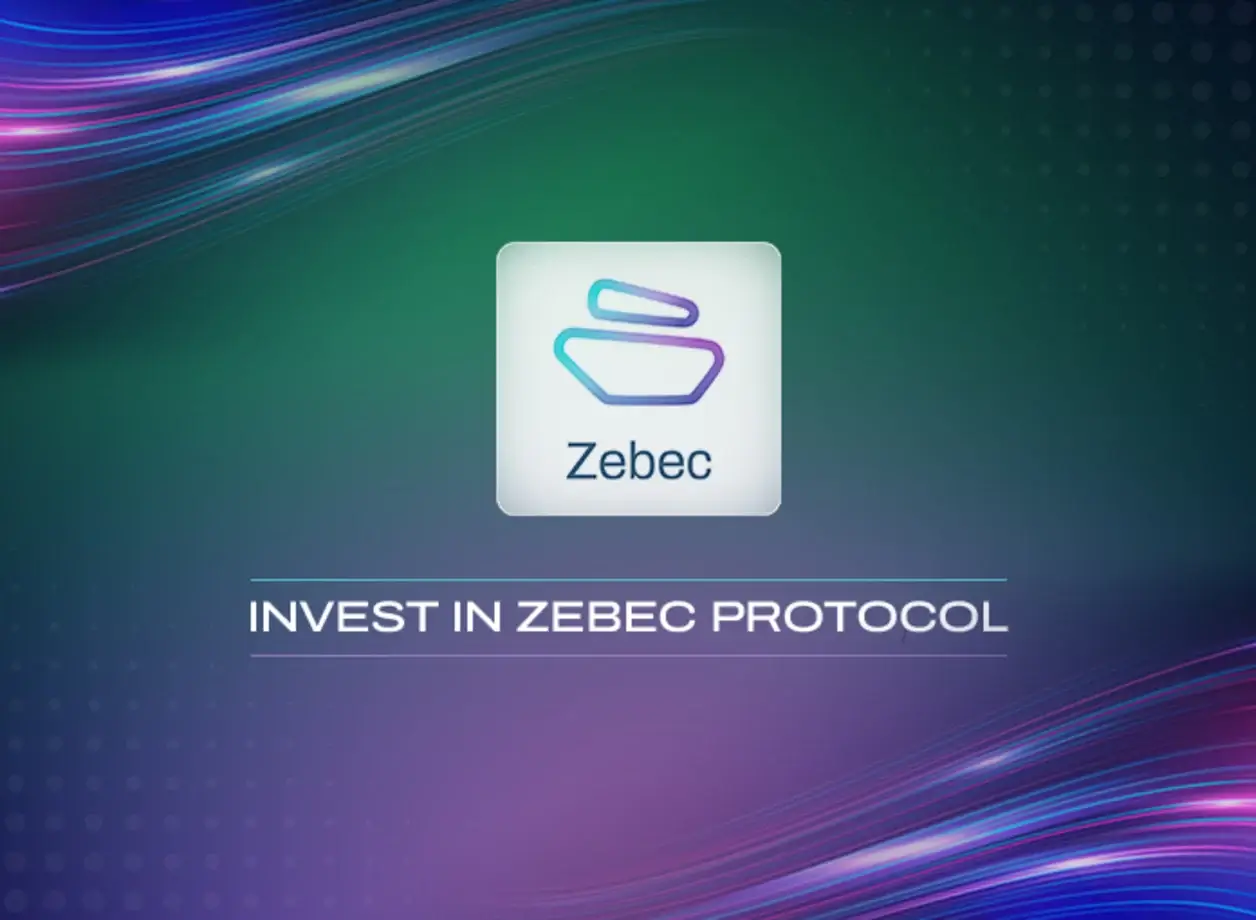
In the dynamic landscape of digital finance, Bitcoin stands out as a beacon of decentralized value. Often hailed as digital gold, its meteoric rise in popularity and value has made it a cornerstone of modern investment portfolios. However, amidst the excitement and potential for astronomical gains, the importance of Bitcoin custody cannot be overstated.
Bitcoin, the pioneering cryptocurrency, operates on a decentralized network, empowering individuals with financial sovereignty. Yet, this decentralization comes with its own set of challenges, particularly regarding security and asset management. Custody, in the context of Bitcoin, refers to the safekeeping and management of cryptographic keys that control access to these digital assets. Herein lies the crux of the matter: ensuring secure custody is paramount to safeguarding one’s digital wealth.
As Bitcoin garners institutional interest and regulatory approval, investors are presented with various avenues to gain exposure to this asset class. From traditional investment firms offering Bitcoin-based products to individuals acquiring Bitcoin through exchanges or peer-to-peer transactions, the range of options is vast. However, the choice of custody method is pivotal, as it directly impacts the security and control one maintains over their holdings.
Centralized exchanges have long been a popular choice for acquiring and holding Bitcoin. These platforms offer convenience and liquidity, enabling users to swiftly buy, sell, and trade cryptocurrencies. However, entrusting assets to a third-party exchange introduces counterparty risk, as users relinquish control of their private keys to the exchange operator. History is replete with instances of exchange hacks and insolvencies, resulting in substantial losses for users. Mt. Gox, once the largest Bitcoin exchange, serves as a cautionary tale, with billions of dollars’ worth of Bitcoin lost due to security breaches and mismanagement.
In response to the inherent risks associated with centralized exchanges, self-custody has emerged as a compelling alternative. By holding Bitcoin in a personal wallet, individuals retain full control over their private keys, thereby mitigating the risk of third-party compromise. Hardware wallets, such as Ledger and Trezor, offer robust security features, safeguarding digital assets against online threats. Furthermore, self-custody aligns with the ethos of decentralization, empowering users to be custodians of their financial destinies.
Nevertheless, self-custody is not without its challenges. Inexperienced users may fall victim to human error, such as misplacing or mishandling their private keys, resulting in irretrievable loss of funds. Additionally, the responsibility of securing one’s assets falls squarely on the individual, necessitating a thorough understanding of cybersecurity best practices. Despite these challenges, the benefits of self-custody, including enhanced security and autonomy, outweigh the associated risks for many Bitcoin enthusiasts.
Recognizing the demand for secure custody solutions, a burgeoning industry has emerged, offering institutional-grade services to safeguard digital assets. Custody providers, such as Coinbase Custody and BitGo, cater to institutional clients seeking robust security protocols and regulatory compliance. These custodians employ sophisticated storage mechanisms, including multisignature wallets and cold storage, to protect assets from external threats. Moreover, institutional custody solutions offer insurance coverage against theft and loss, providing peace of mind to investors.
In the ever-evolving landscape of Bitcoin custody, the importance of thorough due diligence cannot be overstated. Whether opting for centralized exchanges, self-custody solutions, or institutional providers, users must prioritize security and reliability. Assessing factors such as security protocols, regulatory compliance, and insurance coverage is essential in selecting a custody solution aligned with one’s risk tolerance and investment objectives.
Conclusion
In conclusion, Bitcoin custody plays a pivotal role in safeguarding digital wealth in an increasingly interconnected world. As Bitcoin continues to gain mainstream acceptance and adoption, the need for secure and reliable custody solutions becomes increasingly paramount. Whether through self-custody, institutional providers, or centralized exchanges, users must exercise diligence and prudence in managing their Bitcoin holdings. By prioritizing security and control, individuals can navigate the complexities of digital finance with confidence, realizing the transformative potential of decentralized value.
Personal Note From MEXC Team
Check out our MEXC trading page and find out what we have to offer! There are also a ton of interesting articles to get you up to speed with the crypto world. Lastly, join our MEXC Creators project and share your opinion about everything crypto! Happy trading! Learn about interoperability now!
Join MEXC and Start Trading Today!



